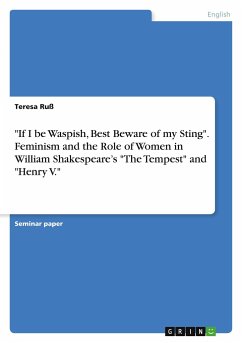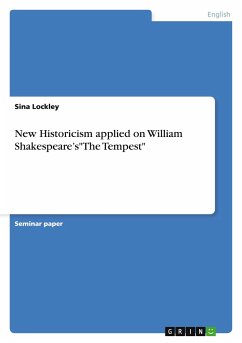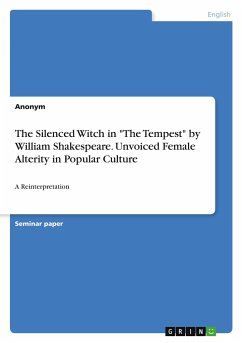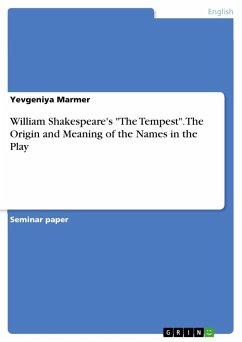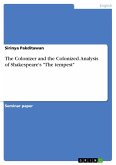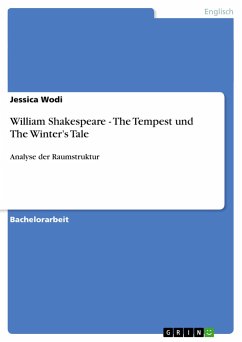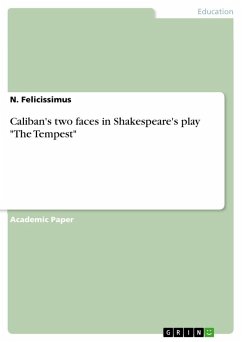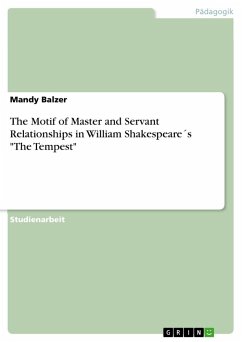Seminar paper from the year 2018 in the subject English Language and Literature Studies - Comparative Literature, grade: 2,7, University of Erfurt, course: Shakespeare's Race/Class/Gender Globe, language: English, abstract: The following paper aims to answer the following question in mind: Is William Shakespeare a feminist author?With feminism and especially feminist writers on the rise and a newly found interest in gender studies within younger generations the question of gender critical studies of classic literary works arises. It has to be said that particularly Shakespeare's works has been a centre point of those studies for quite a time now, specifically in a context in which women are doing close readings of his work. If the book "Women reading Shakespeare" is to be believed, women critically read his works starting in his own lifetime, up until now. But of course, the perception of his work changed over the centuries with the changing of the female role in society. A rather new definition of feminism is the one from the Merriam-Webster dictionary, which states that feminism is "the theory of the political, economic and social equality of the sexes".The first chapter of this thesis intends to be a short overview about the historical frame of the plays and the role of women in general. "The Tempest" is going to be the topic of the next chapter, with an analysis of Miranda, her speeches and how she is treated on the male-dominated island. Additionally, the absence of the (supposed) witch and mother of Caliban, Sycorax, is to be discussed alongside of Shakespeare's ideals in this play. Following the analysis of "The Tempes"t is the one of "Henry V." with a breakdown of Katherine's character and how she interacts with the men in the play including another look at Shakespeare's own worldview in this play. Lastly, with the help of the preceding research, follows a conclusion that aims to answer the question posed in this introduction.

